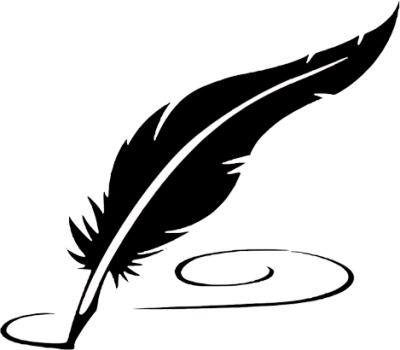Water is as essential to our collective lives as the blood pumping through our human hearts. You might correlate our bodies and the body of our Mother. We are connected to Her as children at the breast.
Water Psalm
Bless the water,
the flow, the ebb, the seep.
Bubble it, keep it clear.
Rinse your divine face in it, salty or fresh,
fast or pooled. Feel it in your hair
beneath the storm, hear it
outside your window, running in your dreams.
Let your ancestors’ voices flow
from it to bring us together in psalm.
Keep the tide in place, keep the levees whole.
Let every molecule of water say its name.
Bless the water in us, the tide in us,
the moon that pulls it through our veins.
Bless the water that will carry our ashes home.
— Bachofner
It is disturbing to see the damage caused by disrespect or ignorance. In the busy world we inhabit it is probably not surprising that we fail to slow down enough to discover the important part we play in preserving the life of our home. Technology (a wonderful set of tools for communicating) has dulled us to those campfire conversations of our ancestors where problems in common found common solutions. We allow the tech world to throw a thick veil over the natural one. We also can feel powerless to do something once we are aware of abuse of resources. What comes immediately to mind is the raping of the aquifer by Nestlé for its profit. There is an ethical problem with taking water that is under our care and seeking it off. I bristle at each commercial claiming that this corporation is tending to the “environment” and partnering up with ecologists to make the work a safer, more habitable place. Lie after lie believed by people who are so far off from the stewardship of our water that they have no clue what is happening. No clue at all.
For Indigenous people (think water protectors and pipe line protestors) the signs are clear. We are dehydrating our Mother. We are standing at her funeral and chanting over her demise while others are ignoring our warnings.
What is to be done? What can one person do? A list of conservation actions will immediately spring to mind as you read this. All worth enacting in our daily existence. But what can we do as writers? I believe there are a few strategies within the writing realm that could be our contributions along with sparing water via conservatory action. 1. Write about how important water is to all of us and spread those ideas via publication. Letters to offending companies; letters to the editors of your local news sources; letters to your legislators, local and national; poems, stories, essays to creative publications. 2. Write about how water makes your own life better or happier, what connects you to the lifeblood of water. Write creatively and with passion for water’s life-giving and life-sustaining nature. 3. Publish a blog or do a pod cast or artwork that shows how we are connected by water to one another.
In that vein, I share a poem I wrote many years ago. The poem emanates from place names of rivers in New England. It honors those names and defines them.
Naming Water
Gwantigok, Penawahpskek,
Passamaquoddy, Pashipakokee,
long rivers, long through the land you flow long through us will you flow,
flowing from where the rocks widen,
from where pollack feed us.
Piscataqua, Androscoggin, Cobbosseecontee, Olamantegok, Quahog,
where water lies between the hills through the sheltering place,
to where sturgeon gather together
to red ochre river, color of our children. Shellfish place, treaty-making place.
Sebastcook, Seninebik,
Skowhegan, Baskahegan,
our stories flow
through little channels,
bearing rocks and memories from where salmon leap the falls to broad open waters,
turning back to where wild onions grow, With birch and ash along their backs,
long rivers of first light
through our families flowing:
Wazwtegok, Winoztegok, Zawakwtegw, Gwantigok.
Ndakinna.
Although the poem specifies the various rivers, their names, and the meanings of the names are Indigenously defined and directional it is missing a bit in terms of action to be taken to safeguard the water. Of course not every poem needs to be that kind of call to action. Sometimes simply making the rivers/water REAL in the minds of the readers. I like to think that this is the case.
I hope that you, dear readers, are enlightened and heartened and encouraged to action. Please let Mother’s heart keep beating with the flow through the veins of our rivers by way of your words and your art.
Here are a few poems I wrote honoring water. Wliwni.
There are rivers
flowing by in the night, returning to the sea,
and they remember me, know my name.
There are fish schooled in the stories
of my people, singing the old language
of songs they keep for us.
There are stones, smoothed in battle, rounded
by footfall, that stop to consider me a relative.
I will not drown here in the rivers of home,
in the swift current or slow pools. I will not die
with a sharp suck of mud in my lungs
as the land moves like liquid in spring. No river
will take me until I am ripe, like the acorn
or the ash bark. And then these rivers
of Ndakinna will willingly give me up to the sea,
the most ancient water, the elder sister.
Passagassawaukeag
By car we span it — river
of shine and glisten. We listen
to its gurgle and swash
as it answers the sea that sent it.
We say its name, careful of each
syllable, say it as if in prayer,
as memory of the ancestors’ naming.
We say it aloud to answer its questions.
Passagassawaukeag. Says its own name —
laughing and tripping over its tongue,
its length up and down, asking
white folks to get it right,
but they are over the bridge too fast.
I imagine falling into sharp clear water,
plunging to its bed, pushing off to rise
into the sky, safe and powerful relative.
We go on foot from one town
to the next, leave tobacco at each bend,
slide on mossy stones, come up soaked
in the history of all who once lived
here. We leave a story in each eddy, a song
in the headwaters. Aln8ba8dwa,* it says.
Speaking Abenaki is its joy, ours too.
Passagassawaukeag. Say it five times, fast.
*Aln8ba8dwa: Abenaki for Let’s speak Abenaki
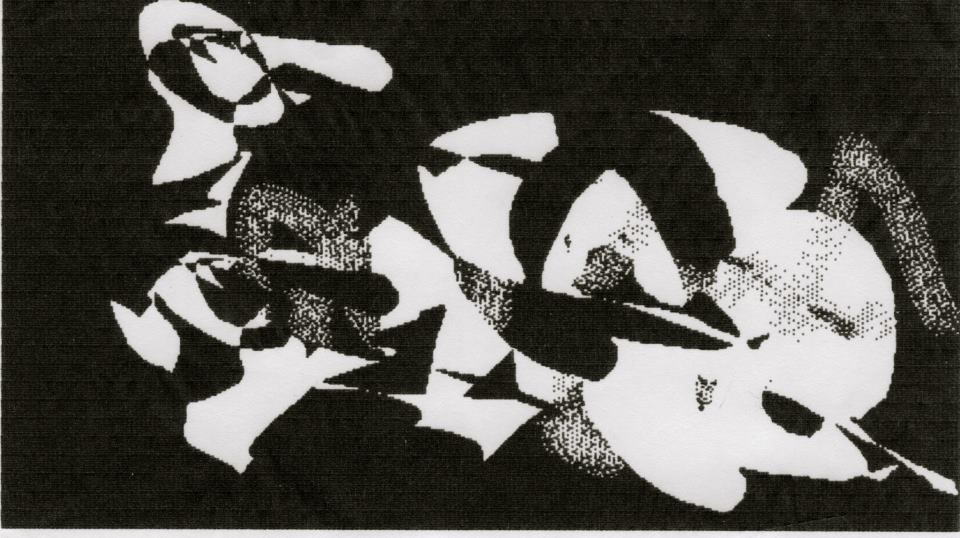

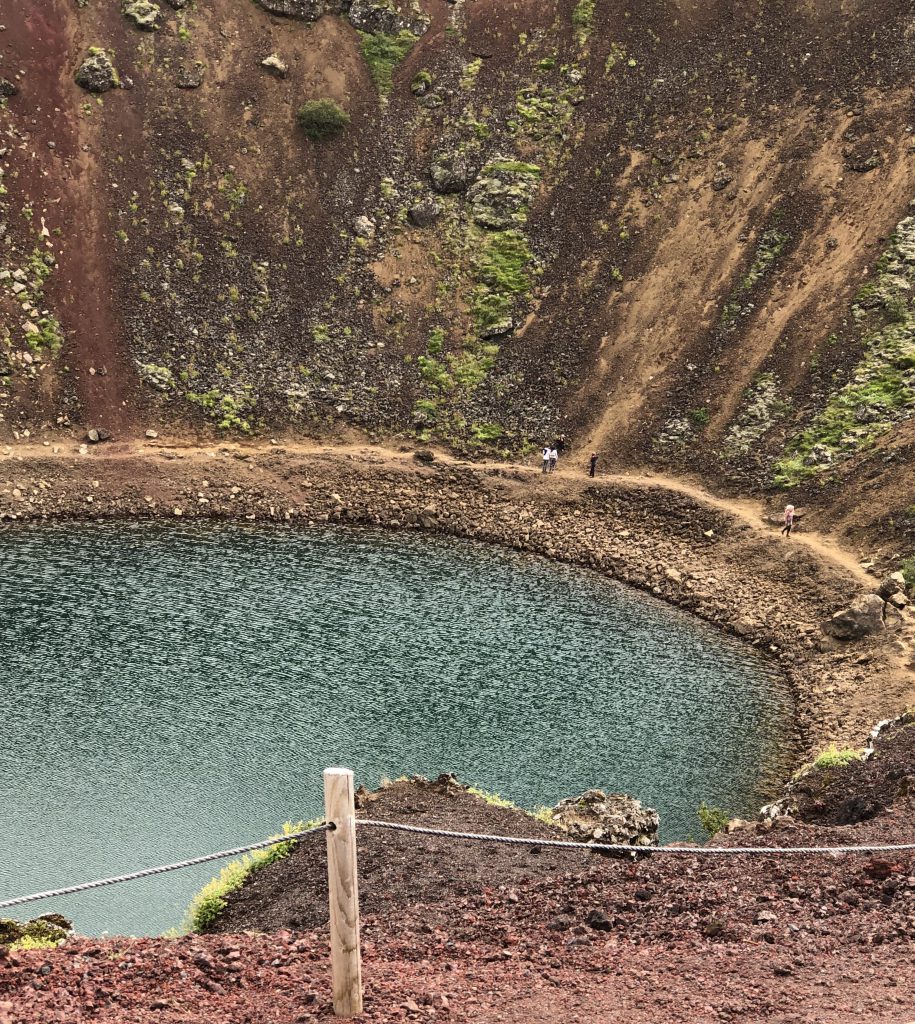
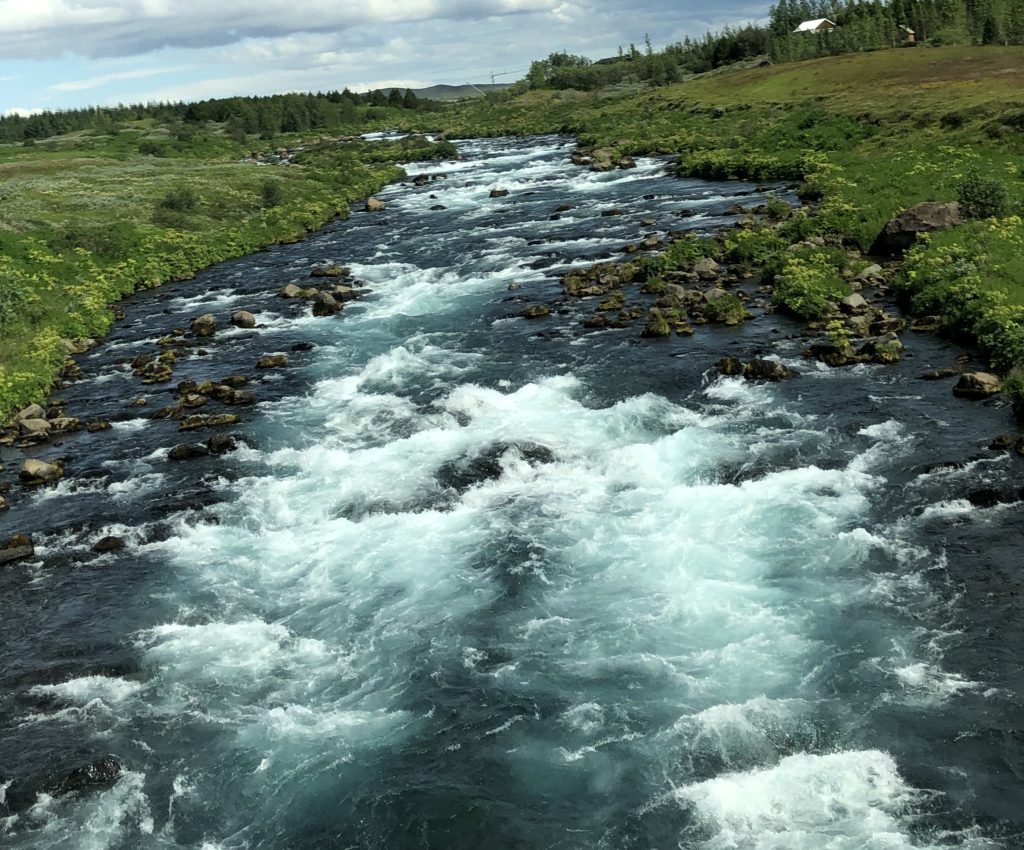
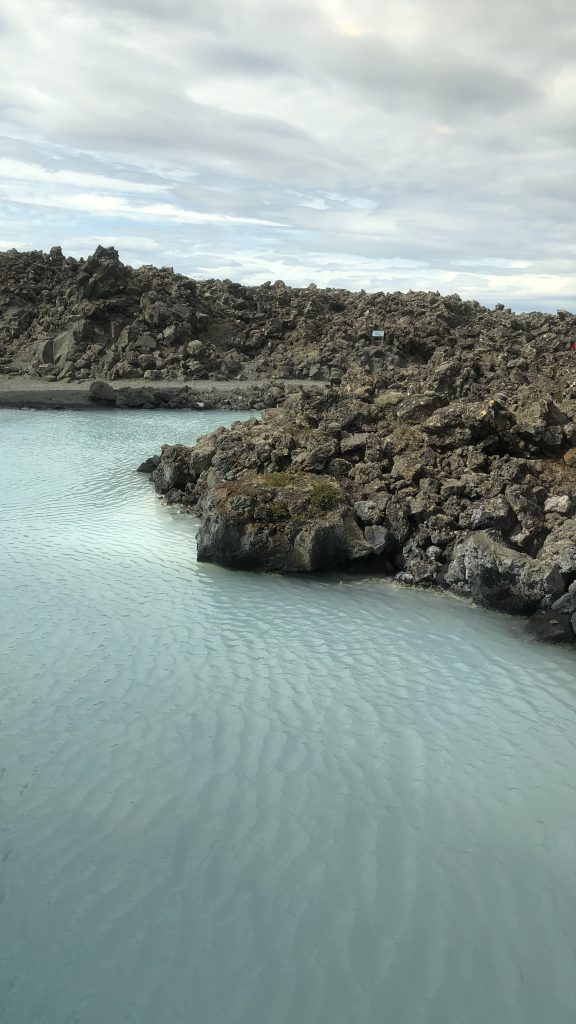
All photos courtesy of Carol Bachofner
Carol Bachofner’s Biography
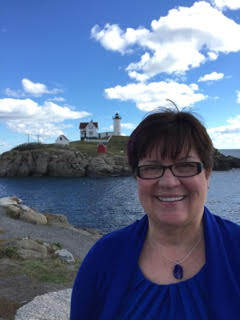
Carol W. Bachofner, poet of Abenaki and Scottish lineage, is the current Poet Laureate of Rockland, Maine, serving her second term. She is also in her second term as president of Maine Poets Society. Her poems have appeared in Prairie Schooner, The Comstock Review, The Connecticut Review, Crab Orchard Review, The Cream City Review, and others. Her most recent collection, Native Moons, Native Days, was published by Bowman Books in 2012. Her poetry has been featured in the following anthologies: Take Heart, Poems From Maine; Unraveling the Spreading Cloth of Time: Indigenous Thoughts Concerning the Universe; and Dawnland Voices, an anthology of writings from Indigenous New England (2014). Her poems cover a wide range of forms such as pantoum, vilanelle, unfixed forms, and sonnet (including prose sonnets). Her recent focus on the prose poem has sent her writing in new and exciting directions.
Carol’s poems have been “danced” and used in musical compositions. She has enjoyed having ekphrastic poems included in art openings, and read into the permanent oral history of Andrew Wyeth at the Farnsworth Art Museum. She is currently at work on a book project: a conversation with the poems of Richard Wilbur, whom she views as the greatest living American poet.
